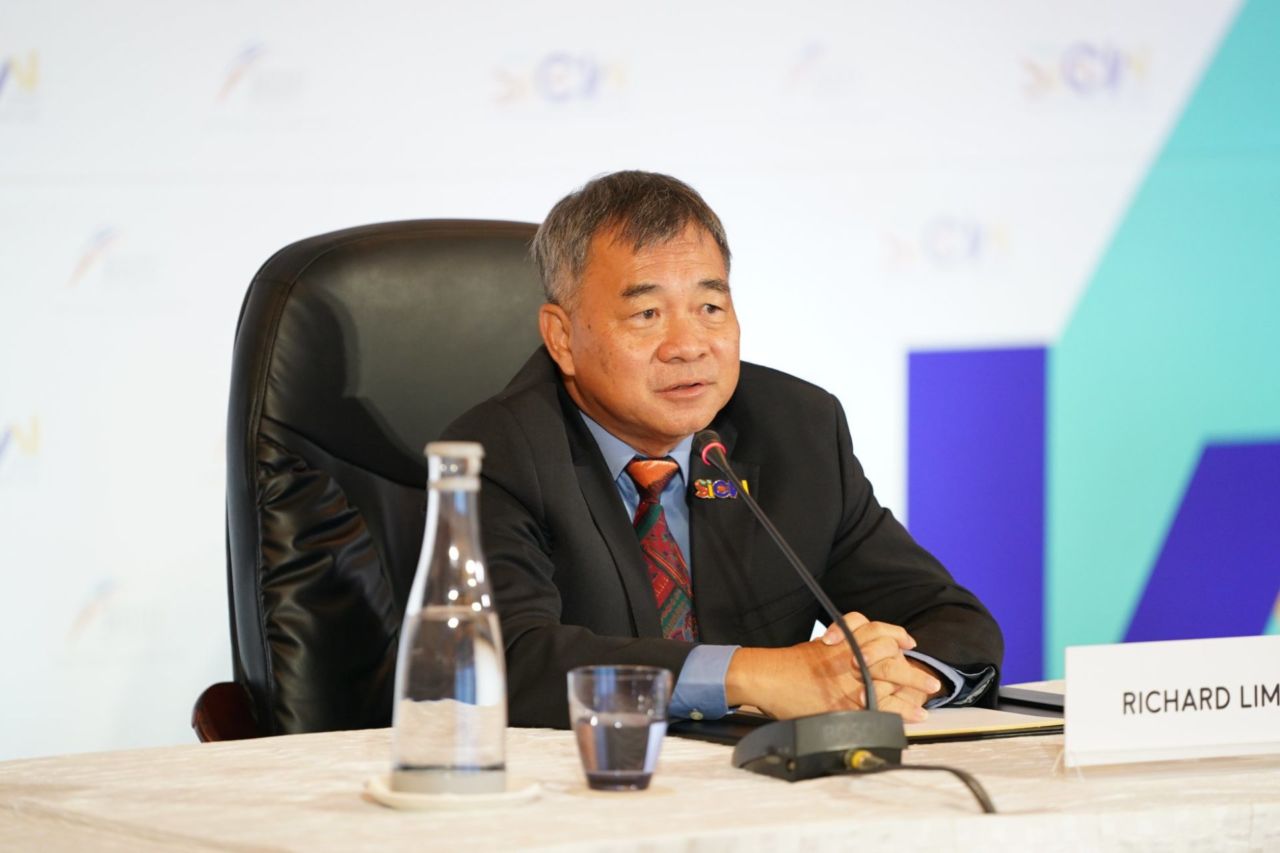The role of oil & gas in a changing energy mix

“This is an important year for energy discussions, given the urgency to tackle climate change,” said Richard Lim, Chairman of the Energy Market Authority, as he opened the Singapore International Energy Week Global launch last week.
Innovation in a changing energy mix

As the world demands more energy, it also demands that it be produced and delivered in new ways, with fewer emissions. “Advancing the energy transition” has been the main focus across the industry as oil & energy operators reveal their ambitions and commitments to become “net-zero” companies in the coming years.
“We will explore how we can work together to accelerate the transition to actionable pathways towards a low-carbon energy future” stated Lim as he discussed themes for the Singapore International Energy Week in October 2021, featuring the much-anticipated Asian Downstream Summit and Asian Refining Technology Conference. “We will also focus on the role of innovation in building a more sustainable energy future”, he said.
The awareness of the importance of innovation and its role in transforming energy systems has never been higher. The pathway to addressing the energy transition will be different for every country and its individual energy system depending on their circumstances, resources and needs.
“The energy transition will mean adopting greener energy sources, and also changing our lifestyles to reduce energy consumption. And while low-carbon energy sources are gaining ground, challenges remain,” admitted Lim.
Echoing these sentiments was Gauri Singh, Deputy Director-General of the International Renewable Energy Agency (IRENA), who stressed the importance of renewables in the journey towards decarbonisation.
“We are living in unprecedented times” she explained. “The global pandemic has brought stark awareness about the potential fallout of climate change”.
“The window of opportunity to achieve the goals set out by the Paris agreement is closing fast”, warned Singh. “Recent trends show that the gap between where we are and where we need to be is widening.”
No quick fix
While the share of renewables is growing and they are an important part of the future energy mix, they are also intermittent in nature. For the foreseeable future, fossil fuels and renewables will work side by side. We cannot abandon existing systems before sufficient replacements are up and running. This is indeed a complex challenge which cannot be achieved through individual actions.
“It’s important to remember that there are uncertainties ahead, and these aren’t minor uncertainties, these are major ones, and we have to deal with them”, explained Jeremy Bentham, VP Global Business Environment and Head of Shell Scenarios.
“We have to make choices, and in fact, our choices are aspects of shaping that future”, he asserted. “But thinking systematically about the future can affect our choices today”. Shell has been applying this approach for over 50 years.
Moving toward a low-carbon future
While the COVID-19 crisis will hopefully be resolved in the near term, it is a prelude to a more gradual long-term reality for the oil & energy sector, with a focus on decarbonisation and its implications for demand.
Companies will continue to focus on managing cash flow, driving resilience and cutting costs to get through this period of turbulence. Forward-thinking companies can position themselves to capitalise on new possibilities in efficiency, decarbonisation solutions (e.g., CCUS), hydrogen and biofuels.
“The need for energy services is going to continue to grow, and that is going to need to be served, but in a different way”, insisted Bentham.
Gaining an advantage tomorrow means plotting the way forward today.